外研版Module 12 Unit 2 Vienna is the centre of European classical music. 课件(31张)
文档属性
| 名称 | 外研版Module 12 Unit 2 Vienna is the centre of European classical music. 课件(31张) |  | |
| 格式 | ppt | ||
| 文件大小 | 888.0KB | ||
| 资源类型 | 教案 | ||
| 版本资源 | 外研版 | ||
| 科目 | 英语 | ||
| 更新时间 | 2022-05-12 21:20:41 | ||
图片预览

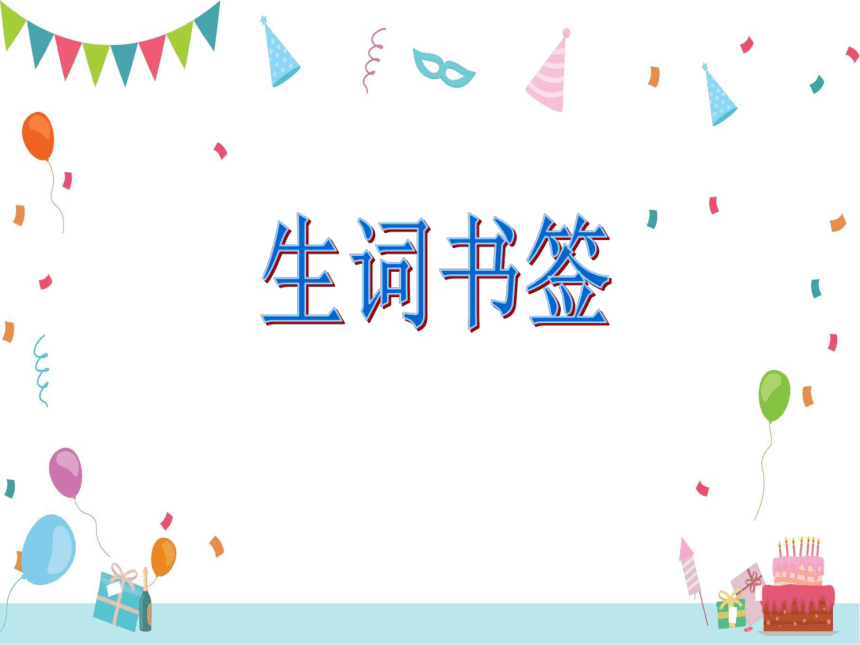
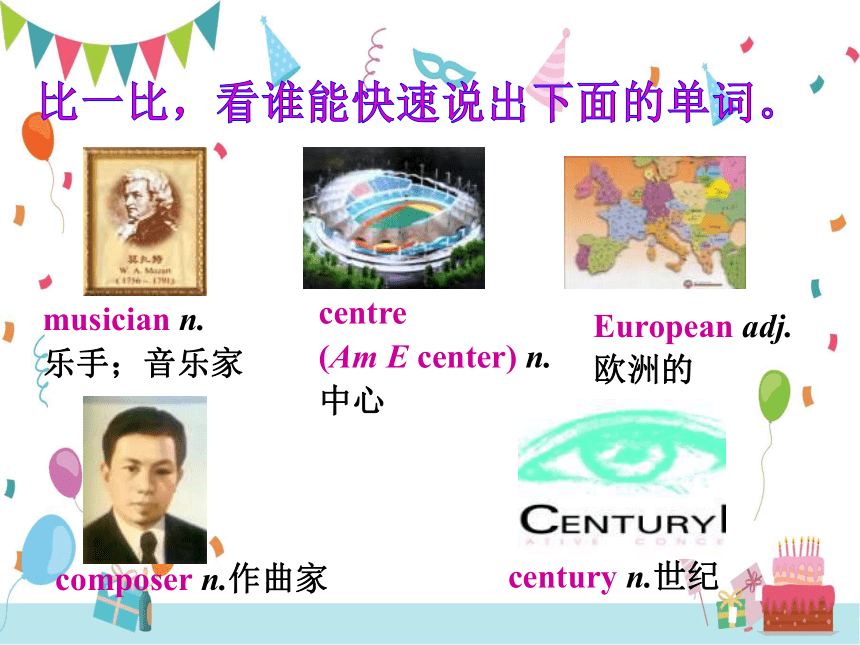
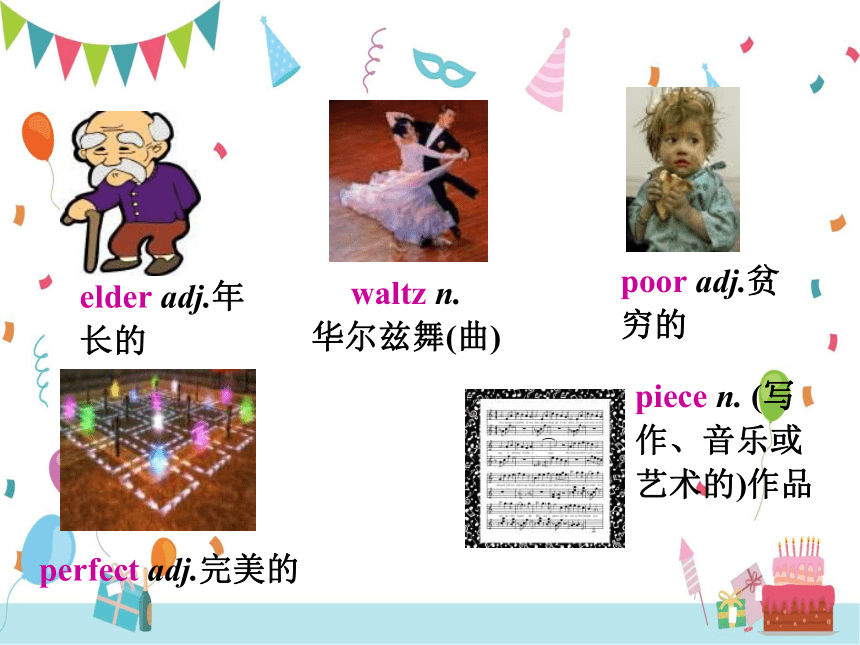

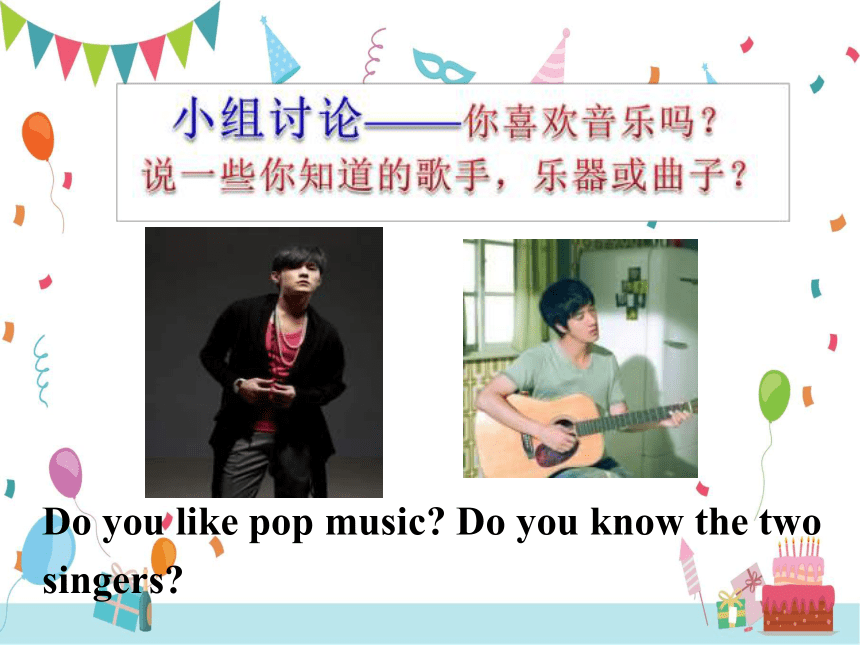
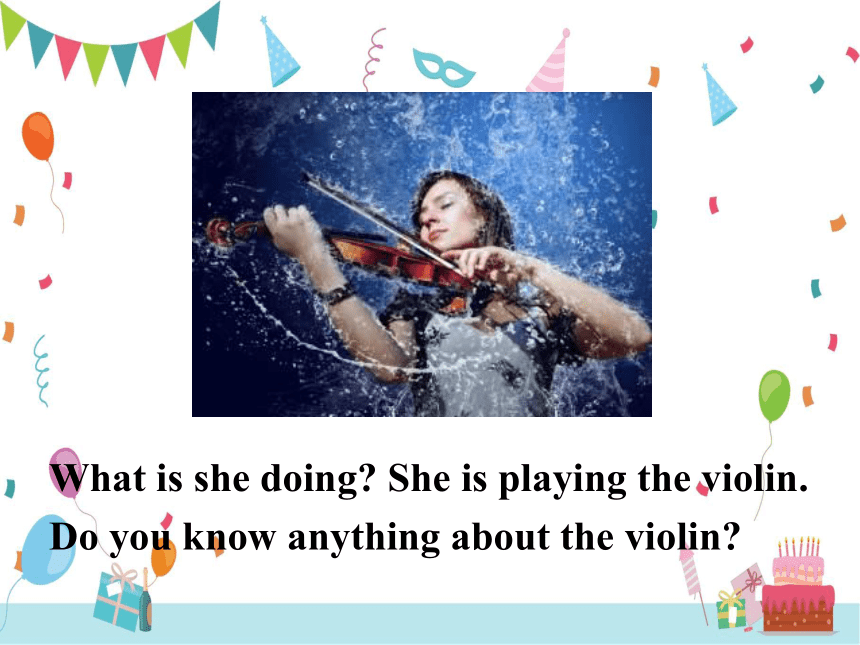
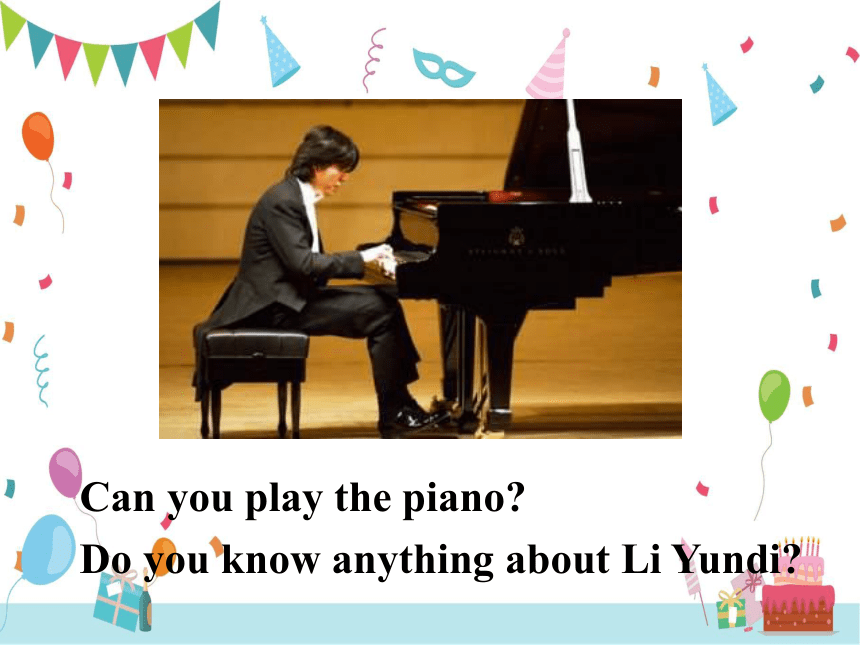



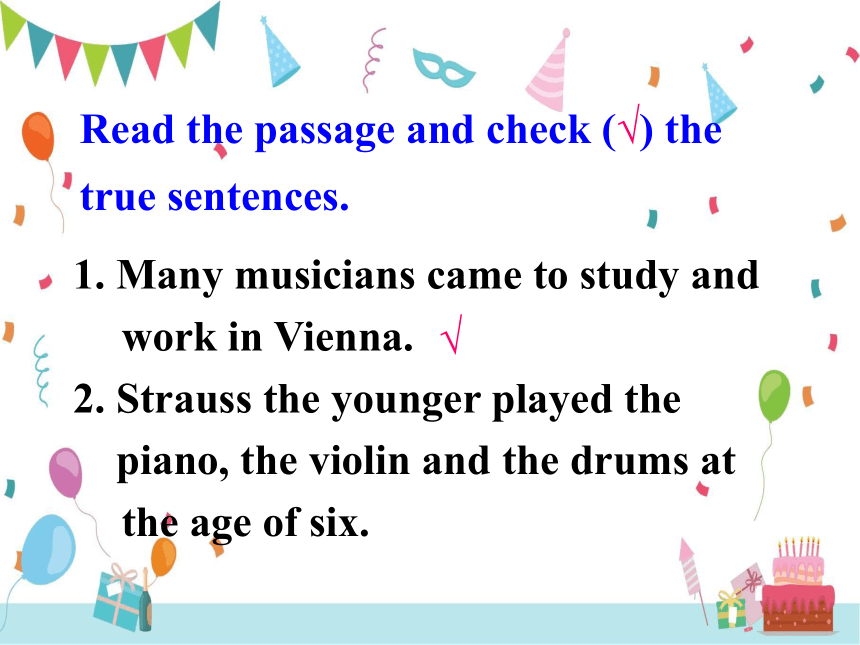
文档简介
(共33张PPT)
Module 12
Western music
Unit 2 Vienna is the centre of European classical music.
musician n.
乐手;音乐家
century n.世纪
European adj.欧洲的
centre
(Am E center) n.中心
composer n.作曲家
waltz n.
华尔兹舞(曲)
piece n. (写作、音乐或艺术的)作品
poor adj.贫穷的
perfect adj.完美的
elder adj.年长的
Do you like pop music Do you know the two singers
What is she doing She is playing the violin.
Do you know anything about the violin
Can you play the piano
Do you know anything about Li Yundi
What are they doing They are dancing.
I know some nice dance music, share with you.
舞曲
分享
Strauss
Mozart
Do you know anything about them
Describe the picture. Use the words from the box to help you.
Read the passage and check (√) the true sentences.
1. Many musicians came to study and work in Vienna.
2. Strauss the younger played the
piano, the violin and the drums at the age of six.
√
3. Mozart’s family took him around
Europe.
4. The father, Johann Strauss, died in 1791.
5. Mozart wrote The Blue Danube.
√
Answer the questions.
1. Where is Vienna
It is in the centre of Europe.
2. What music did Johann Strauss the
elder write
He wrote music for traditional dances, called the waltz.
3. How many waltzes did Johann
Strauss the younger write
He wrote over 150 waltzes.
4. When was Mozart born
He was born in 1756.
5. How old was Mozart when he died
He was 35.
Complete the passage with the correct form of the words from the box.
Both Strauss the (1) ______ and Strauss
the younger wrote some very (2) _______
music. (3) _______ successful composer
from Vienna was Mozart, but he became
very (4) ______ and died at the age of
thirty-five. Many people think Mozart’s
music is (5) _______. All three were great
(6) _________ musicians.
elder
popular
Another
poor
perfect
European
你都选对了吗?
Use the notes to write a passage about the Chinese composer Xian Xinghai.
¤ Xian Xinghai
¤ famous for the song The Yellow River
¤ wrote it in 1939
¤ one of the great composers of
classical and traditional music
¤ born in Macao, China, 1905
¤ died young, 1945
¤ called the “People’s Musician”
¤ used traditional Chinese music
¤ studied in Paris
¤ songs are still popular today
Xian Xinghai is one of the great composers of classical and traditional music. He was born in ...
When you write, choose your tenses carefully. Think about whether you are writing about something that is still true now or happened in the past.
¤ musician 是名词,意为“乐手;音乐家”,
music 是名词,意为“音乐”。意义不同。
¤ European 是形容词,意为“欧洲的”,
它的名词形式是 Europe,意为“欧洲” 。
¤ century 是名词,意为“世纪”,即一百年
century = a / one hundred years
poor 是形容词,意思是“贫穷的”,
反义词是 rich “富裕的”。即:
poor — rich
贫穷的 反义词 富裕的
例如:
This girl is poor, she’s not rich at all.
这个女孩是贫穷的,她一点不富裕。
¤ piece 是名词, 意为“(写作、音乐或艺术的)作品”, 以前我们学过 piece 也是名词, 意为“块、片、段(等)”。意义不同。
1. Vienna is a beautiful old city on the River
Danube in the centre of Europe.
维也纳是欧洲中心多瑙河畔一座美丽而古老的
城市。
句中的 on the river...的意思是“坐落于......河
畔”,例如:
His hometown is a small city on the Changjiang
River.
他的家乡是位于长江河畔的一个小城。
2. Before he was six, he played not only
the piano but also the violin.
还不到六岁,他既会弹钢琴,又会拉小提琴。
句中的 not only...but also...的意思是“不仅......,而且......”,例如:
Shakespeare was not only a writer but also an actor.
莎士比亚不仅是作家,而且是演员。
3. Like Johann Strauss, father and son, he was a great European musician... 像施特劳斯父子一样,他是一位伟大的欧洲音乐家......
句中的 like 的意思不是“喜欢”,而是介词,意思是“像......一样”。
例如:
He moves and talks just like his father.
他的动作和说话方式就像他的父亲一样。
I’d love to be able to sing like Sarah Brightman.
我非常希望能像莎拉 布莱曼一样唱歌。
你都弄懂了吗?
1. Review and recite the important
points of Unit 2.
2. Try to write a passage about a
Chinese musician.
Module 12
Western music
Unit 2 Vienna is the centre of European classical music.
musician n.
乐手;音乐家
century n.世纪
European adj.欧洲的
centre
(Am E center) n.中心
composer n.作曲家
waltz n.
华尔兹舞(曲)
piece n. (写作、音乐或艺术的)作品
poor adj.贫穷的
perfect adj.完美的
elder adj.年长的
Do you like pop music Do you know the two singers
What is she doing She is playing the violin.
Do you know anything about the violin
Can you play the piano
Do you know anything about Li Yundi
What are they doing They are dancing.
I know some nice dance music, share with you.
舞曲
分享
Strauss
Mozart
Do you know anything about them
Describe the picture. Use the words from the box to help you.
Read the passage and check (√) the true sentences.
1. Many musicians came to study and work in Vienna.
2. Strauss the younger played the
piano, the violin and the drums at the age of six.
√
3. Mozart’s family took him around
Europe.
4. The father, Johann Strauss, died in 1791.
5. Mozart wrote The Blue Danube.
√
Answer the questions.
1. Where is Vienna
It is in the centre of Europe.
2. What music did Johann Strauss the
elder write
He wrote music for traditional dances, called the waltz.
3. How many waltzes did Johann
Strauss the younger write
He wrote over 150 waltzes.
4. When was Mozart born
He was born in 1756.
5. How old was Mozart when he died
He was 35.
Complete the passage with the correct form of the words from the box.
Both Strauss the (1) ______ and Strauss
the younger wrote some very (2) _______
music. (3) _______ successful composer
from Vienna was Mozart, but he became
very (4) ______ and died at the age of
thirty-five. Many people think Mozart’s
music is (5) _______. All three were great
(6) _________ musicians.
elder
popular
Another
poor
perfect
European
你都选对了吗?
Use the notes to write a passage about the Chinese composer Xian Xinghai.
¤ Xian Xinghai
¤ famous for the song The Yellow River
¤ wrote it in 1939
¤ one of the great composers of
classical and traditional music
¤ born in Macao, China, 1905
¤ died young, 1945
¤ called the “People’s Musician”
¤ used traditional Chinese music
¤ studied in Paris
¤ songs are still popular today
Xian Xinghai is one of the great composers of classical and traditional music. He was born in ...
When you write, choose your tenses carefully. Think about whether you are writing about something that is still true now or happened in the past.
¤ musician 是名词,意为“乐手;音乐家”,
music 是名词,意为“音乐”。意义不同。
¤ European 是形容词,意为“欧洲的”,
它的名词形式是 Europe,意为“欧洲” 。
¤ century 是名词,意为“世纪”,即一百年
century = a / one hundred years
poor 是形容词,意思是“贫穷的”,
反义词是 rich “富裕的”。即:
poor — rich
贫穷的 反义词 富裕的
例如:
This girl is poor, she’s not rich at all.
这个女孩是贫穷的,她一点不富裕。
¤ piece 是名词, 意为“(写作、音乐或艺术的)作品”, 以前我们学过 piece 也是名词, 意为“块、片、段(等)”。意义不同。
1. Vienna is a beautiful old city on the River
Danube in the centre of Europe.
维也纳是欧洲中心多瑙河畔一座美丽而古老的
城市。
句中的 on the river...的意思是“坐落于......河
畔”,例如:
His hometown is a small city on the Changjiang
River.
他的家乡是位于长江河畔的一个小城。
2. Before he was six, he played not only
the piano but also the violin.
还不到六岁,他既会弹钢琴,又会拉小提琴。
句中的 not only...but also...的意思是“不仅......,而且......”,例如:
Shakespeare was not only a writer but also an actor.
莎士比亚不仅是作家,而且是演员。
3. Like Johann Strauss, father and son, he was a great European musician... 像施特劳斯父子一样,他是一位伟大的欧洲音乐家......
句中的 like 的意思不是“喜欢”,而是介词,意思是“像......一样”。
例如:
He moves and talks just like his father.
他的动作和说话方式就像他的父亲一样。
I’d love to be able to sing like Sarah Brightman.
我非常希望能像莎拉 布莱曼一样唱歌。
你都弄懂了吗?
1. Review and recite the important
points of Unit 2.
2. Try to write a passage about a
Chinese musician.
同课章节目录
- Module 1 Lost and found
- Unit 1 Whose bag is this?
- Unit 2 Are they yours?
- Unit 3 Language in use
- Module 2 What can you do ?
- Unit 1 I can play the piano
- Unit 2 I can run really fast
- Unit 3 Language in use
- Module 3 Making plans
- Unit 1 What are you going to do at the weekends?
- Unit 2 We're going to cheer the players.
- Unit 3 Language in use
- Module 4 Life in the future
- Unit 1 Everyone will study at home
- Unit 2 Every family will have a small plane.
- Unit 3 Language in use
- Module 5 Shopping
- Unit 1 What can I do for you?
- Unit 2 You can buy everything on the Internet
- Unit 3 Language in use
- Module 6 Around town
- Unit 1 Could you tell me how to get to the Nationa
- Unit 2 The London Eye is on your right.
- Unit 3 Language in use
- Revision module A
- Module 7 My past life
- Unit 1 I was born in a small village.
- Unit 2 I was born in Quincy.
- Unit 3 Language in use
- Module 8 Story time
- Unit 1 Once upon a time….
- Unit 2 Goldilocks hurried out of the house.
- Unit 3 Language in use
- Module 9 Life history
- Unit 1 He left school and began work at the age of
- Unit 2 He decided to be an actor.
- Unit 3 Language in use
- Module 10 A holiday journey
- Unit 1 What did you do?
- Unit 2 This morning we took a walk.
- Unit 3 Language in use
- Module 11 Body language
- Unit 1 They touch noses!
- Unit 2 Here are some ways to welcome them.
- Unit 3 Language in use
- Module 12 Western music
- Unit 1 It's so beautiful!
- Unit 2 Vienna is the centre of European classical
- Unit 3 Language in use
- Revision module B
